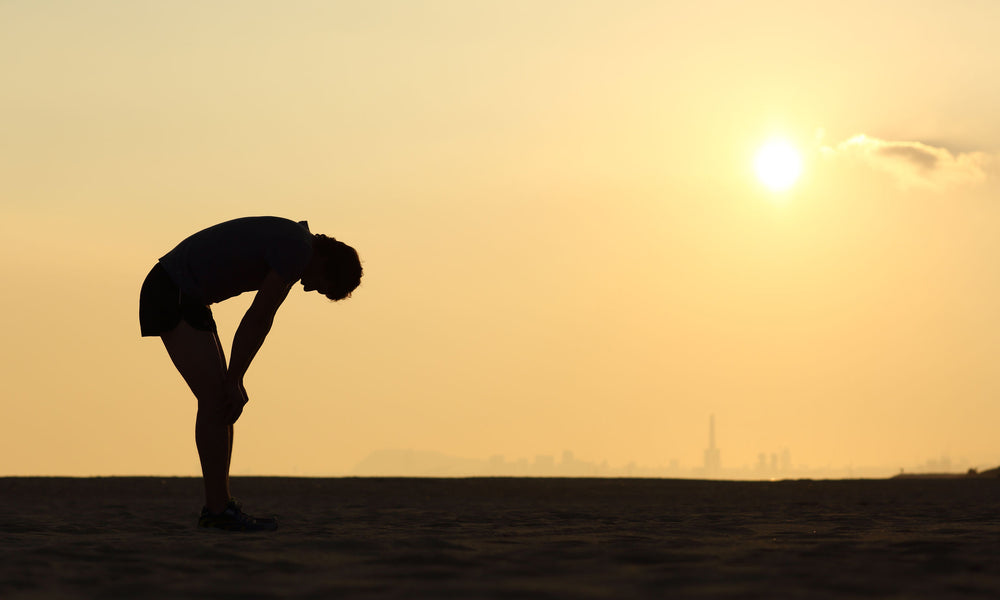
As a 38-year-old, socially minded, mother and health journalist living in Australia, you wouldn’t expect one of my all-time heroes to be a conservative former president of the United States. But Theodore Roosevelt, the 26th US president, is exactly that, so much so, that my first child is named after him.
Roosevelt inspires me because despite being plagued by constant health issues, including severe childhood asthma, partial blindness and deafness, multiple bone fractures, tropical fevers, rheumatism, and a gunshot wound in the chest, he still led an extraordinarily active life.
In his 60-year lifespan, Roosevelt climbed mountains, became a cattle rancher, and led a two-year expedition to the Amazon rainforest. In fact, it could be said that being a war hero, world leader and nature conservationist were merely side hustles that supported his impressive physical exploits.
It’s Roosevelt’s father, Theodore Senior who takes some of the credit for teaching the future president that having poor health was not an obstacle in life. When his son was 10-years-old he encouraged him to build strength through systematic exercise, saying, “You have the mind but you have not the body…. You must make your body.” A gymnasium was installed in the family home and eventually the sickly child grew into a strong, muscular man.
Back in 2004 when the arthritic symptoms of my own autoimmune disease first emerged, exercise was the last thing I wanted to do. There were some days I felt as if I couldn’t get out of bed, let alone hit the gym, or lead a cavalry into battle as Roosevelt did. But it turns out that Theodore Senior was onto something. While in the past doctors may have recommended rest and relaxation for those of us coping with chronic illnesses, evidence is increasingly pointing to the benefits of being active, despite being unwell.
A 2015 scientific review titled “Exercise as medicine – evidence for prescribing exercise as therapy in 26 different chronic diseases,” concluded that that exercise should be considered a first line of treatment for several chronic conditions including mental illness, Parkinson’s disease and dementia, diabetes, heart disease, asthma, osteoarthritis, back pain, rheumatoid arthritis, and even cancer. Another review published recently, which summarised the evidence in favour of exercise for people like me with autoimmune disease came to very much the same conclusion.
I don't write all this in an attempt to sound "holier than thou" and to make people who are unwell feel as though there's yet another unachievable thing to put on their "Supposed To Do" list. As I’ve written about before, knowing that I should exercise daily and actually doing it are two different things. I’ve interviewed leading exercise experts, written a ton of blogs, and devoted a whole chapter in my book to the importance of moving more and sitting less, and I still have trouble staying on track.
As I wrote in my blog, The Fascinating Theory About Why You Hate Exercise (And What To Do About It), at least part of the problem is that nature programmed us to loathe exercise and I’ve had to employ a number of sneaky strategies to overcome this including making it easy and enjoyable to get up and go.
I also want to highlight that the authors of the papers I've mentioned stress that exercise should be attempted only when we’re medically stable and our symptoms are under control. They’re still drilling down the finer mechanisms that explain when, where, why and how exercise is beneficial. I’m not for a second suggesting that you should run a mile if you’re aching all over or feel flat with fatigue.
As for my own approach, I still have good days and bad days, but I consider exercise to be my medicine. My attitude is to follow the lead of Theodore Roosevelt who in his autobiography quoted his friend William “Squire Bill” Widener’s advice: “Do what you can, with what you’ve got, where you are.”





 The Connection (DOWNLOAD-TO-OWN)
The Connection (DOWNLOAD-TO-OWN) My Year Of Living Mindfully - Book
My Year Of Living Mindfully - Book




